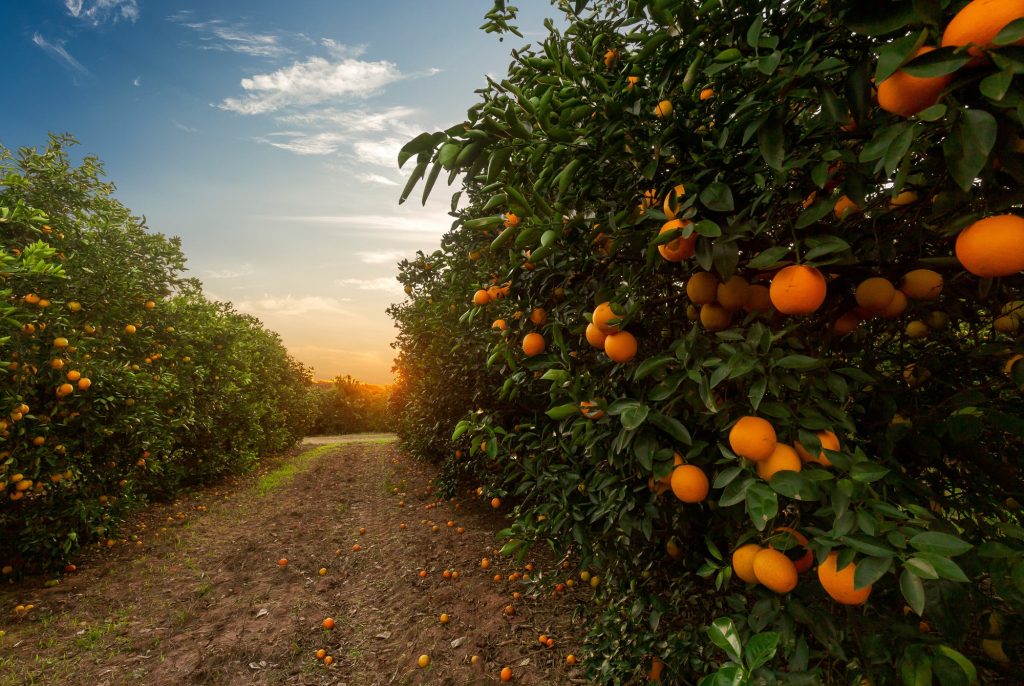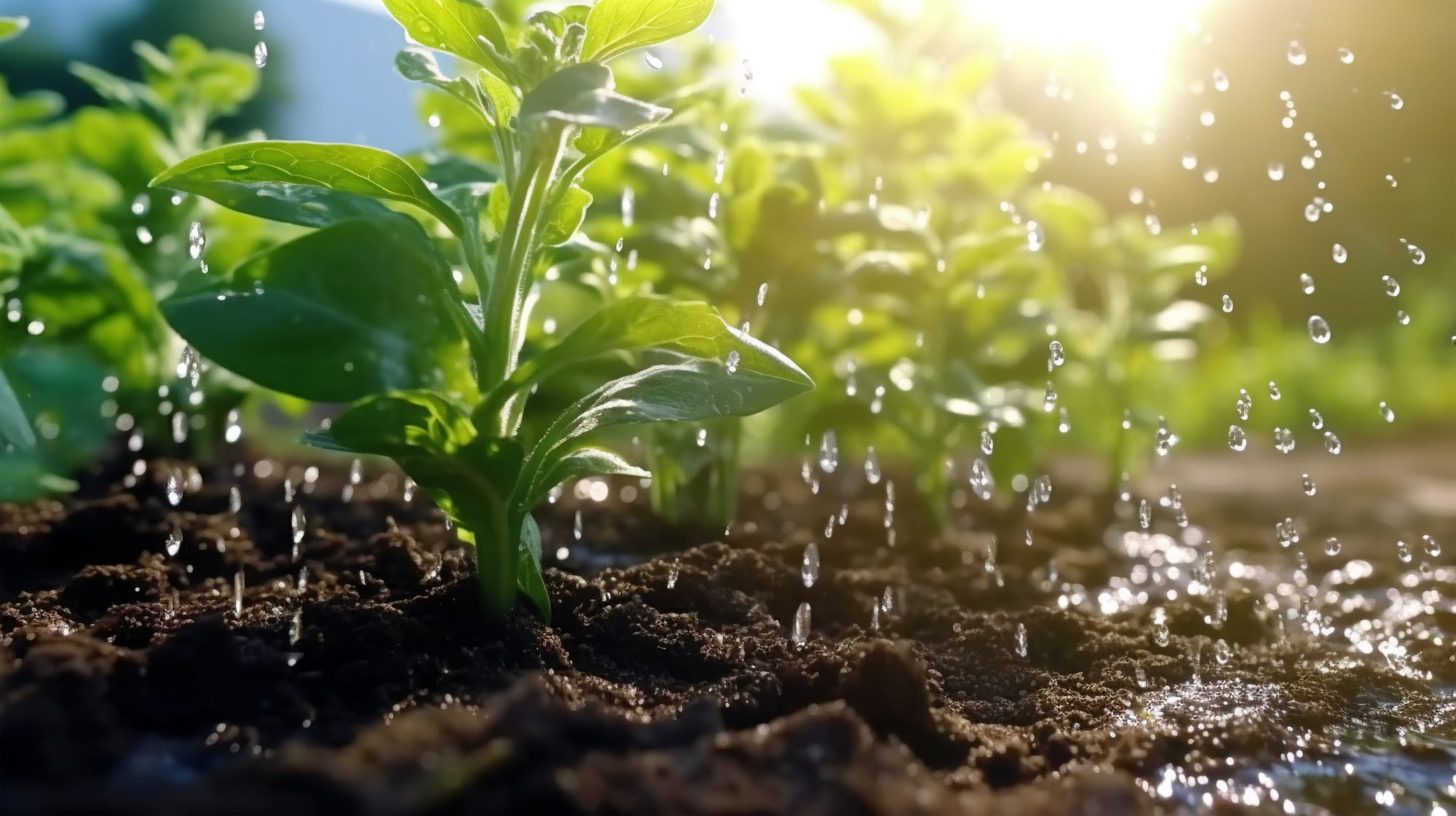The secret to bountiful harvests lies beneath the surface—in the life-giving waters that nurture each root and branch. In this quest for yield maximization, modern farming irrigation systems are your most trusted ally.
Irrigation systems are more than just a means to water your crops. They’re sophisticated tools designed to ensure that every drop of water is used effectively, contributing to the health and productivity of your fruit trees.
You’re not just managing a farm; you’re stewarding a complex ecosystem where every element plays a pivotal role. Navigating through the myriad options of irrigation systems can be daunting, yet it’s a journey worth embarking on.
This post will guide you through the intricacies of modern irrigation systems and help you make informed decisions that’ll bring your orchard to its full potential. Read on to learn more.
Understanding Modern Irrigation

Modern irrigation systems are designed to optimize water delivery to your fruit crops, ensuring that every drop is effectively utilized. This is where a system like a Fruit Growers farming irrigation system comes into play, offering precision and efficiency in water management.
The primary goal of modern irrigation systems is to deliver water directly to the roots of the plants, reducing wastage and encouraging robust growth. They don’t just water plants but also represent a harmonious blend of technology and nature.
Each system is tailored to address specific needs, considering factors like soil type, crop variety, and local climatic conditions. These methods adopt an approach that maximizes water efficiency while nurturing your crops in the most sustainable way possible.
Choosing The Right Irrigation System
There are several factors you should consider when selecting the ideal irrigation system:
- First, assess the needs of your fruit trees, as different species require varying amounts of water.
- The soil type in your orchard also plays a vital role. For instance, sandy soils require more frequent watering than clay-rich soils.
- Moreover, take local climate conditions into account. Drier regions might benefit from systems that deliver water directly to the roots.
- Lastly, areas with abundant water supply might benefit from overhead sprinklers, which provide broader coverage.
It’s essential to balance efficiency and your orchard’s specific needs. Making an informed choice in your irrigation system not only ensures optimal fruit yield; it contributes to sustainable water management as well.
Water Conservation Strategies
Conserving water isn’t just an environmental concern but a vital aspect of sustainable farming. As a fruit grower, adopting water conservation strategies is crucial for the longevity of your resources and the environment.
Embracing techniques like rainwater harvesting can significantly reduce your dependency on traditional water sources. Utilizing recycled water for irrigation isn’t only a sustainable approach but also a cost-effective method to maintain your orchard.
These strategies help preserve water resources and ensure you’re contributing positively to the environment. By incorporating these practices, you’re nurturing your orchard and securing resources for future generations.
Maintenance And Upkeep Of Your Irrigation System
Maintaining your irrigation system is essential for its efficiency and longevity. Inspect the system regularly for possible signs of leaks and blockages. This helps prevent water waste and ensures your crops receive the precise amount of water they need.
In addition, it’s crucial to clean filters and check sprinkler heads for clogs, as these can impede water flow. Seasonal adjustments are also necessary to prepare your system for winter, which prevents damage from freezing temperatures.
Remember, a well-maintained irrigation system not only conserves water and energy. It sustains the health and productivity of your orchard as well. By dedicating time to routine maintenance, you’re investing in the future success of your fruit yields.
Optimizing Water Usage For Maximum Yield
Optimizing water usage is a balance between overwatering and underwatering. Overwatering can lead to detrimental root rot and disease, whereas insufficient watering stresses plants, curtailing fruit production.
Monitoring soil moisture levels and adjusting irrigation is critical in the process. Doing so ensures each plant receives the right amount of water, neither too little nor too much, fostering optimal growth.
Remember, effective water management isn’t just about the quantity but also about the timing and precision of your irrigation practices. Adhering to these principles will lead to healthier plants and, ultimately, a more fruitful harvest.
Final Thoughts
In the world of fruit farming, success hinges on many factors, with efficient irrigation being paramount. Modern irrigation systems offer a blend of precision, efficiency, and sustainability, crucial for boosting fruit yields.
By choosing the right system and practicing responsible water management, you can achieve success in your fruit production endeavors. Remember, the health of your orchard begins beneath the surface, and a well-tailored irrigation strategy is your key to unlocking its full potential.



